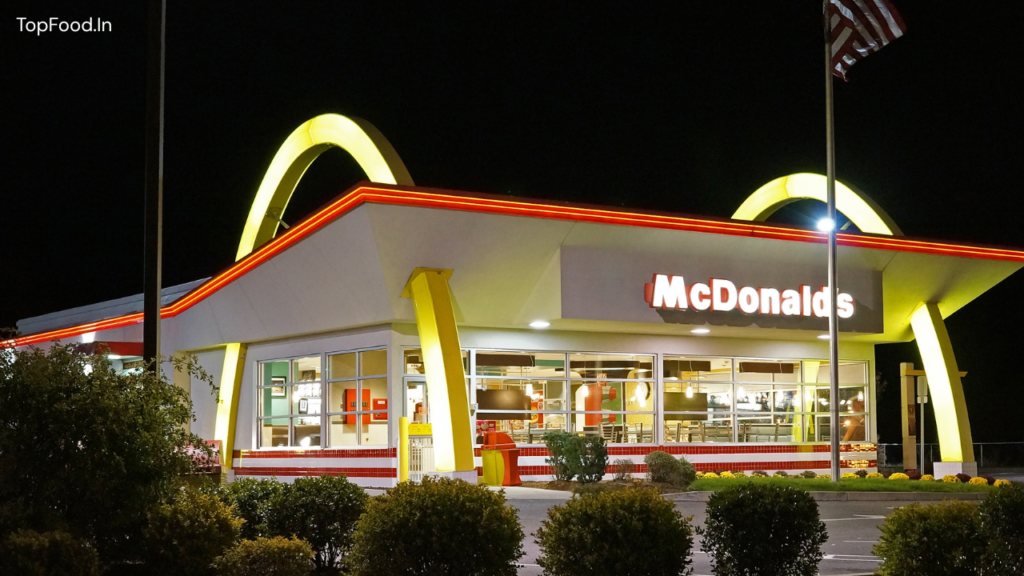Introduction
Fast food is a part of modern-day convenience, but have you ever wondered why a McDonald’s burger doesn’t rot like homemade food? Several real-life cases have shown that a McDonald’s burger can remain intact for years without showing significant signs of decomposition. This raises important questions about preservatives, processing techniques, and health impacts.
The 14-Year-Old Burger Experiment
In 1999, Hjörtur Smárason, an Icelander, bought a McDonald’s burger and fries just before the fast-food chain shut down in Iceland. Out of curiosity, he stored it in a glass case, and over the years, something shocking happened—the burger never rotted! Even 14 years later, it looked almost the same as the day he bought it.
This isn’t an isolated case. David Whipple, a man from the U.S., bought a McDonald’s hamburger in 1999 and stored it in his coat pocket. When he rediscovered it 20 years later, it was still intact, with no mold, no rotting, and no foul smell.
Why Doesn’t It Decompose?
McDonald’s burgers defy the usual rules of food spoilage due to multiple factors:
1. Low Moisture Content
- Bacteria and mold require moisture to grow.
- Fast food burgers are cooked at high temperatures, which reduces water content.
- The bun and patty dry out quickly, preventing decomposition.
2. Preservatives & Additives
- McDonald’s uses sodium propionate, a common preservative, to prevent mold growth.
- The high salt content acts as a natural preservative.
- Processed food ingredients increase shelf life.
3. High Fat & Salt Content
- The fat in the burger helps protect it from bacteria.
- Excess salt slows bacterial growth, making it less likely to rot.
4. Lack of Proper Decomposing Environment
- Unlike home-cooked meals, which contain fresh ingredients, fast food lacks organic compounds that attract bacteria.
- Instead of rotting, the burger simply dehydrates and hardens.
What Does This Mean for Your Health?
Eating fast food occasionally isn’t harmful, but long-term consumption may lead to serious health risks:
- High levels of preservatives and additives can impact digestion.
- Processed ingredients can contribute to obesity and heart disease.
- Fast food addiction is real due to artificially enhanced flavors.
- Regular consumption increases the risk of diabetes and high blood pressure.
McDonald’s Official Response
McDonald’s has acknowledged these viral cases, stating that their burgers do decompose under the right conditions but may not if left out in the open, where they dry up instead of rotting. They claim their food is 100% real and does not contain unnatural preservatives in their meat.
Conclusion
The next time you grab a fast food burger, consider what goes into it and how it behaves over time. While convenient and tasty, processed fast food isn’t always the healthiest choice. For a better diet, opt for fresh, home-cooked meals that nourish your body with natural ingredients.




